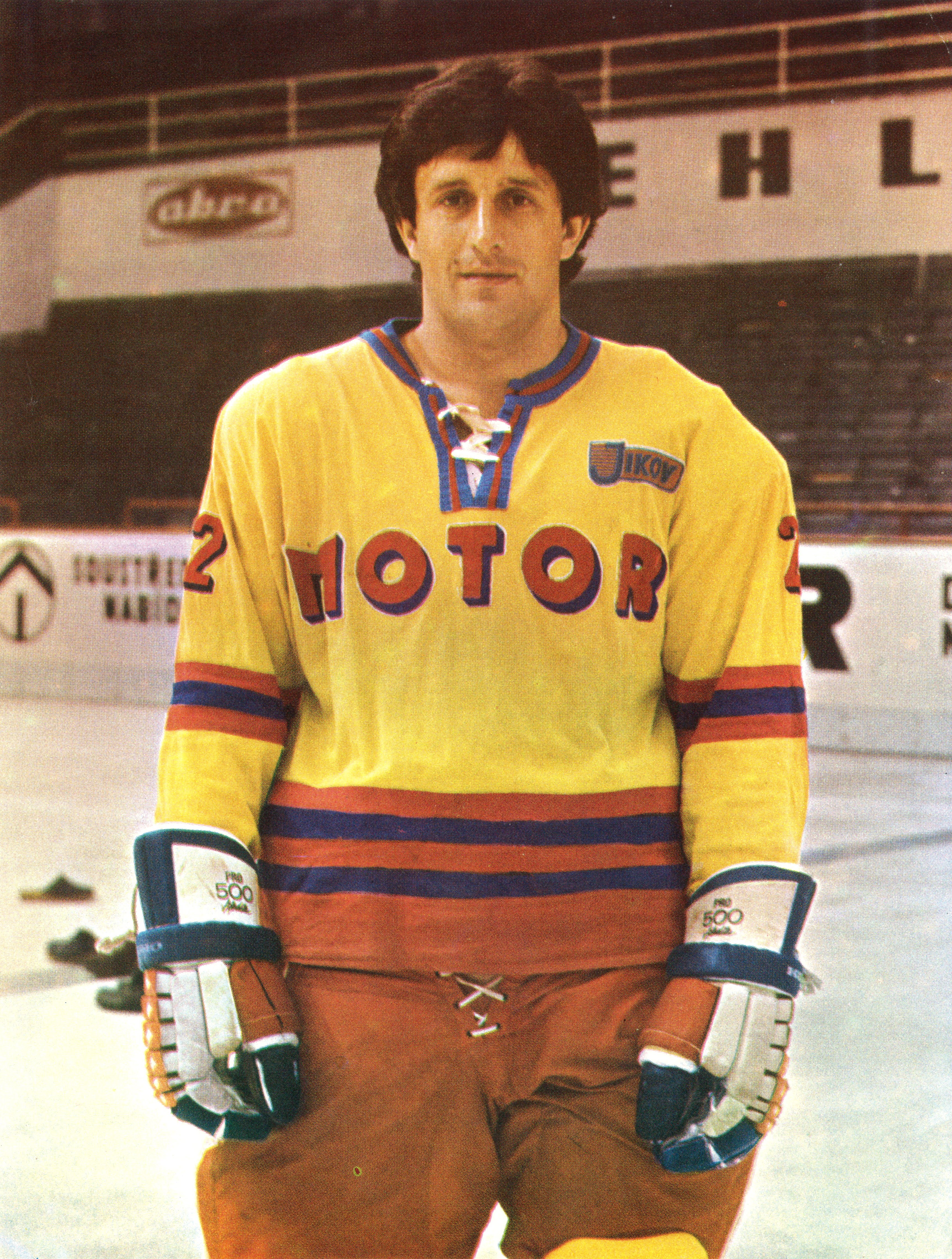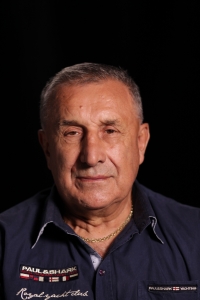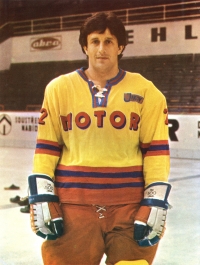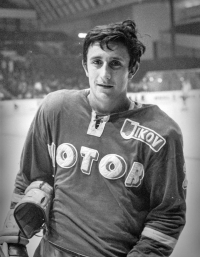I had to show the Canadians that I was not afraid

Stáhnout obrázek
„A hockey striker, Jaroslav Pouzar, was born on January 23, 1952, in a city named Čakovice, located in the Czech south. Since 1967, he played as a youth of the Motor České Budějovice team and joined the national ice hockey team five years later. As a member of the national team, he participated in two victories of the team at the world championship happening in 1976, Katowice, Poland, and 1977 in Wienna. In 1982, he was drafted by the Edmonton Oilers team and moved to Alberta, Canada. His transfer proceeded legally, with the help of a state-owned agency named Pragosport. While still in Canada, he had won the Stanley Cup three times (in 1983, 1985, 1987); however, he joined the German league in 1985. He finished his active career in 1990. Jaroslav built the first fitness centre in České Budějovice and served as a president of the hockey club in České Budějovice between 1992 and 1998. He has never lost his interest in sport, even after leukemia diagnosis changed his life entirely in 2002. In 2013, he opened the Pouzar Hockey Centre in České Budějovice, primarily designed to train children from socially disadvantaged families. However, his project has run into financial problems, and is currently in insolvency, with its future unclear.


